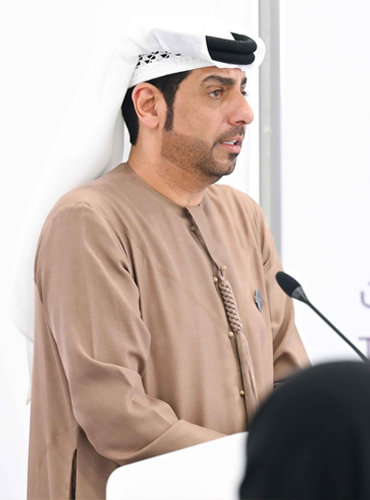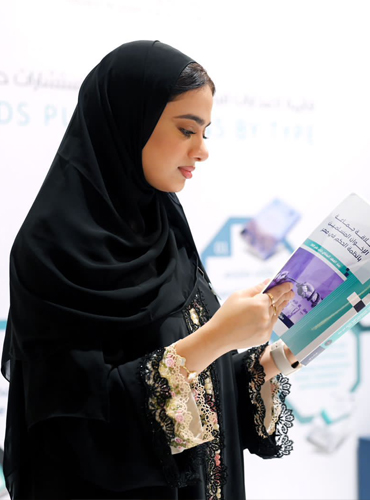TRENDS Research and Advisory Center was established in 2014, in Abu Dhabi. It is an independent research institution that aims to make positive contributions to scholarly research. It seeks to provide a better understanding and deeper analysis of various issues and developments impacting the Arabian Gulf and Middle East in particular, and the world at large. It operates in accordance with internationally recognized research standards employed by the most prestigious think tanks and research institutions.
TRENDS focuses on identifying and following up on issues of significance in the realms of politics, economy, security, and knowledge. It takes up the task of analyzing these issues and employs a strategic perspective while conducting research, with a view to supporting decision-makers at both national and regional levels.
The Center analyzes opportunities and challenges that emerge from regional and global developments and seeks to find innovative ideas and solutions that contribute to sustainable development and stability in the region and the world. TRENDS strives to become a bridge of communication and knowledge exchange between wider groups of specialists, while developing a network of strong partnerships and high level of cooperation with Arab and international academics, researchers and university professors.
The focus of research and study centers has shifted over the past few years in face of the knowledge and technology revolution unfolding around us, such as Artificial Intelligence (AI), the Fourth Industrial Revolution, digital warfare, sustainable blue economy, and renewable energy. At TRENDS, we are keen to keep abreast of these developments and study them in depth so as to reap the opportunities they present in enhancing sustainable development in the countries of the region.








